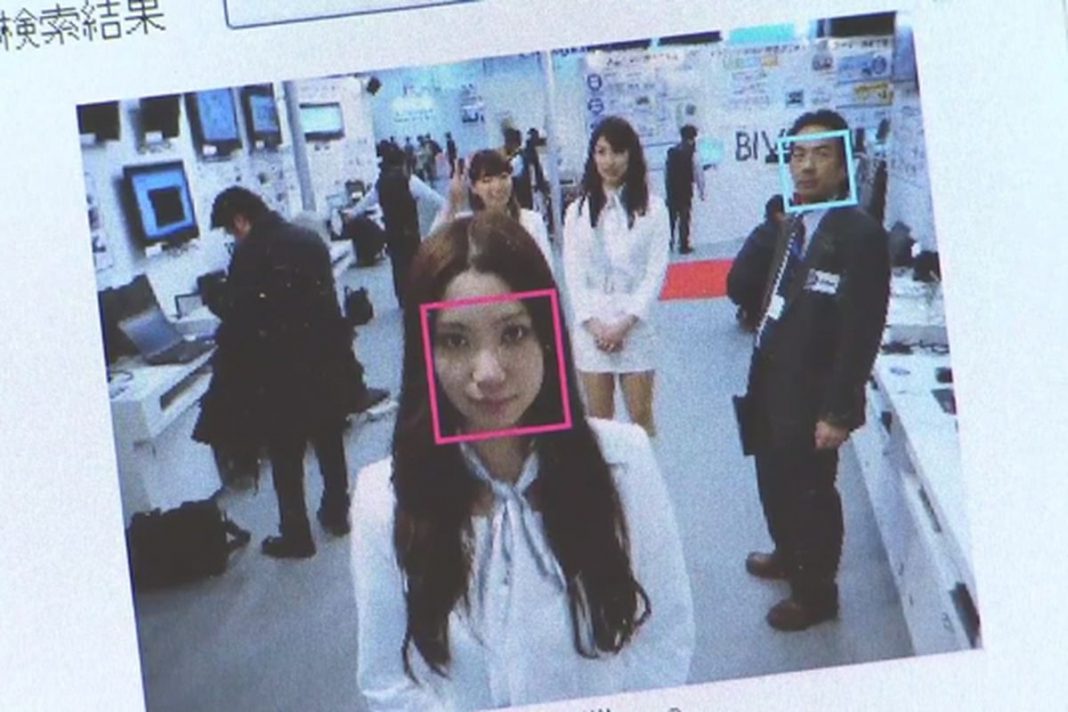Steve Wozniak, who co-founded Apple with Steve Jobs, says he’s fully in support of the movement to make it easier for users to fix their tech gadget themselves or through a third-party.
“It’s time to recognize the right to repair more fully,” he said in a recent video message on Cameo.
That stance puts him at odds with the company he helped launch (but left in 1985), and a broad range of other tech companies that want to retain control over who is allowed to service products from iPhones to Xboxes and wheelchairs to farm tractors.
“This one has really gotten to me – really affected me emotionally,” Wozniak said. “We would not have had Apple had I not grown up in a very open technology world.”
In the video, Wozniak explained how early tech products like TVs and radios were shipped with paper schematics that made it possible for many users to easily repair broken circuits and tubes, and enabled more technologically inclined people to invent new hardware and software too.
By contrast, the monopoly of the Bell telephone system prevented people from creating a better phone or answering machine.
“You wouldn’t even get a choice of color,” he said.
When Jobs and Wozniak launched the Apple II, the computer was shipped with full schematics and specifications that allowed customers to bring their own engineering creativity to the product.
“The Apple II was modifiable and extendable to the maximum,” he said. “This was not a minor product, and it was not that successful on pure luck. There were a lot of good things about it being so open that people could join the party.”
“Sometimes when companies cooperate together with others they can actually have better business than if they’re totally protective and monopolistic,” he added.
While the federal government has some say in the matter, the real fight over the right to repair is in state governments where in recent years, Apple along with Microsoft, Google, and other large companies, have been waging a campaign against the movement.
So far this year, 27 states have considered legislation that would loosen restrictions on who is allowed to modify or repair consumer products but more than half have failed, according to Bloomberg.
“These companies have monopoly power,” Colorado legislator Brianna Titone, who sponsored a repair bill, told Bloomberg. “They’re not looking for a compromise. They’re looking for, ‘Leave us alone. Stop this. Go away.'”
President Joe Biden’s executive order on competition , signed Friday, encourages the FTC to make rules against manufacturers’ restrictions on self-repairs or third-party repairs of their products.
TechNet, a trade group that includes Apple as a member, said in a statement about the order, “Allowing unvetted third parties with access to sensitive diagnostic information, software, tools, and parts would jeopardize the safety of consumers’ computers, tablets, and devices and put them at risk for fraud and data theft.”
In May, the US Federal Trade Commission concluded in a report to Congress that the coronavirus pandemic made the repair problem worse, especially for low-income users and schools. The agency also said it could not find substantial evidence to support the arguments in favor of restricting repairs.
“I believe that companies inhibit it because it gives the companies power and control over everything,” Wozniak said in his video. “Is it your computer, or is it some company’s computer?”



